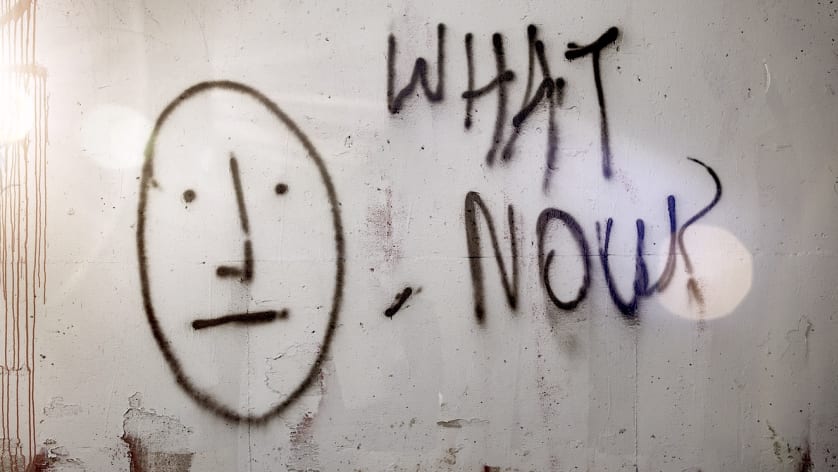How to explain in your interview why you were fired

So you've finally overcome the emotional distress of being fired from your last job - and that's the question that pops up as soon as you start looking for a job again. Getting laid off can be ego-hard and financially draining when you're relying on a monthly paycheck to pay the bills. However, you should not let this influence you when it comes to explaining the situation to the interviewer. Here are some tips to explain why your last dev job didn't work out.
Keep cool with your prepared answer
Perhaps the most important thing is how you behave when answering the question, "Why did you quit your last job?" Before going to the interview, practice your answer and make sure your narrative is understandable.
When preparing for your interview, be sure to consider how you want to approach some questions related to the topic - e.g. B. "Why were you fired?", "What would your last boss have said about your time at the company?", "What did you learn from the experience?",...
Also, prepare the most eloquent way to bring it up if the interviewer doesn't know you've been fired: it's far better to be transparent about the situation than to risk covering something up and later revealing it.
Add context and show what you've learned
While it's important to keep it short, it's often useful to add appropriate context to your answer. For example, if you were fired because the company downsized or restructured, it's legitimate to bring it up - especially if the decision isn't related to your performance. Even if this were the case, it might help the interviewer to better understand the situation. Maybe the expectations of your role changed after you started working at the company and you didn't feel you were given the right tools to meet the new expectations. For each situation, practice a brief but informative narrative of what happened.
End your answer with what you learned. Some people will use the experience to assess their strengths and weaknesses and thereby embark on a new professional direction. Others may be looking for roles at larger companies because they have found that the uncertainty of a startup environment is not right for them. Whatever you learned, make sure to include it in your answer. This can both bring the conversation back to why you're qualified for the role in question, as well as highlight the ability to reflect on an outcome and go on to improve.
Keep it positive
In addition to the points mentioned, it is also important that you keep your attitude towards your previous employer and team positive. Regardless of what happened, an interview isn't the place to be badmouthing, even if you feel like you're just sharing the experience.
Of course, there is a fine line between explaining the situation and complaining. So practice aligning your responses with the positive. For example, explain that your work style is better suited to roles with clear expectations and outcomes (and possibly link this to your understanding of the role you're interviewing for) rather than blaming the old boss. Instead of addressing team conflicts, focus on emphasizing a collaborative team structure and explain how you would personally work to foster such an environment.
"Positive" may be a far cry from how you feel about your last job. However, don't let this influence you and try to find a new job that will give you a better experience.















